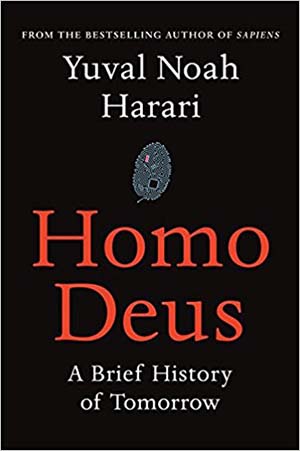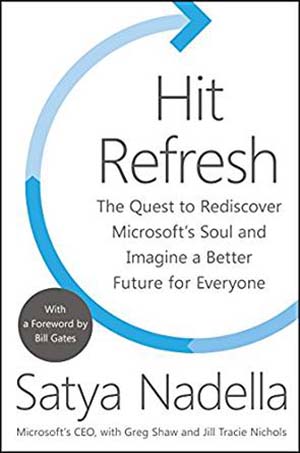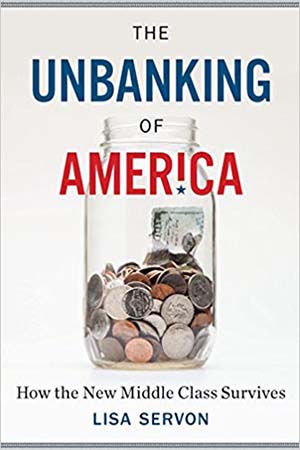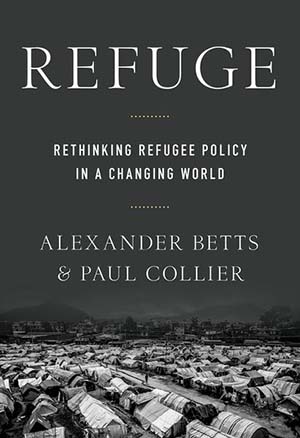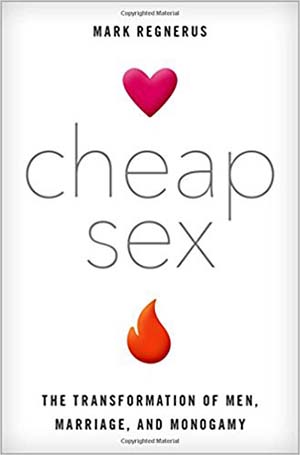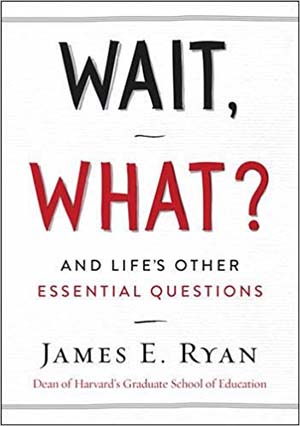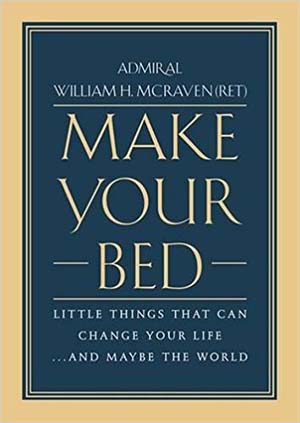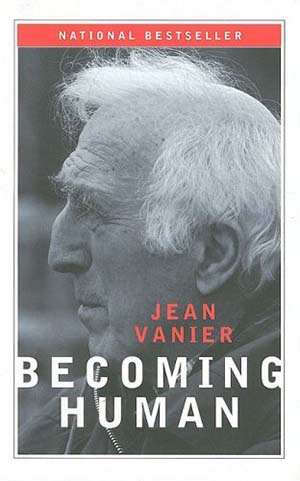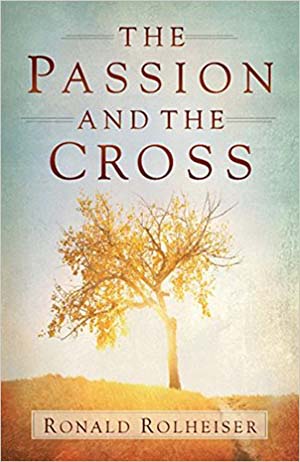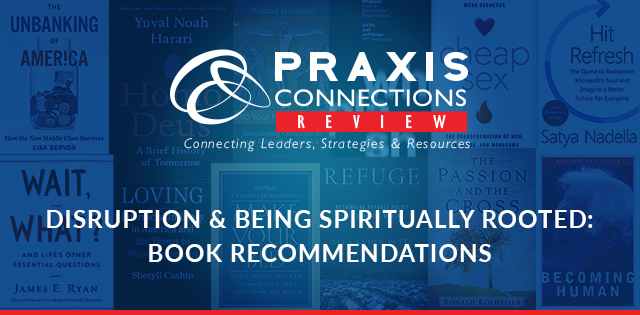
2017 was a year of accelerated disruption. Over the course of the year, we all grappled to understand and deal with the disruption underway in our society. Over the course of the past year, I have tried to gain a better understanding and find ways to be spiritually grounded while there is so much going on in our world.
Insight on the Disruption
Technology is one of the leading factors disrupting our society. Our economy, the ways we interact with one another, and our institutions are all rapidly changing. In Yuval Noah Harari’s book Homo Deus: A Brief History of Tomorrow, he gives the reader a look into how rapidly technology is moving as he describes the breakthroughs in automation, Artificial Intelligence, and the interaction of man & machine. What he describes is both amazing & frightening. There are so many moral & ethical questions to be answered. Yet things are moving so fast! Driverless cars, computer chips in the human brain, and other breakthroughs are not that far away. They have huge implications. Mr. Harari argues that there is no God and we are only algorithms and that we should let AI guide our lives. This is a view held by some who also believe that the new economy will increase the number of people not working so they should be put on an allowance. Who will make these decisions? We are more than algorithms. As a Christian, I believe that algorithms can be changed. Would the poor be disposable in this new world? Who decides? Who is informed? I highly recommend that everyone read this book! It’s full of insights and difficult ramifications.
Technology is not bad or evil. And thankfully there are leaders like Satya Nadella, CEO of Microsoft and author of Hit Refresh, who have a very compassionate view of human beings. His book is also filled with insights into how technology is driving change and the sector’s responsibility is to be a force for good. His emphasis on empathy is a key theme of his view of management and the tech sector in general. Hit Refresh is a great look inside the mind of a CEO and the tech industry. He is honest about the disruption caused by our technological advances and provides a great framework for decision making for our society. Very helpful. On a personal level, authors Joi Ito & Jeff Howe provide a framework to succeed in their book Whiplash: How to Survive Our Faster Future. In it, they offer nine principles to navigate through the turbulence. Based on their experience at the MIT Media Lab they offer principles like Compasses Over Maps, Pull Over Push, and Practice Over Theory to name a few. Great read!
Today’s turbulence can also be seen in the fragility of peoples’ economic lives, the rise of tribalism, and the erosion of relationships. While technology has exacerbated these problems it has hardly been the cause of all these issues. At Movement Day, Dr. A.R. Bernard stated that our unresolved issues of the past have created the current tensions needing to be dealt with today. Much of today’s tensions have been fueled by economic security that has tapped into a tribalism that seeks to marginalize others. Lisa Servon’s book The UnBanking of America: How the New Middle Class Survives gives a glimpse into the fragility that exists in our society. This impressive book describes how the financial industry primarily has focused on the wealthy leaving the rest underserved. She describes working as a check casher in the South Bronx, saving networks used by immigrant networks and college students, and working class banking habits. She highlights some promising new practices that leverage technology to better serve those on the margins. This is a great look at what people actually do to get by financially. If you like Evicted or Just Mercy you will like this book.
Unfortunately, the economy does not fully explain today’s discord. The rise of White Supremacy, the anti-immigrant sentiment, has deeper roots. Sheryll Cashin describes some of the history between the races in her phenomenal book Loving: Interracial Intimacy in America and the Threat to White Supremacy where she outlines the history of White Supremacy in our country. Her book is an eye-opener to the unresolved issues rearing its head in 2018.
Some of the anti refuge & immigrant sentiment is people not being fully informed. Driven by a fear of a loss of jobs or culture people are lashing out against the other. Alexander Betts & Paul Collier brilliantly written book Refuge: Rethinking Refugee Policy in Our Changing World provides a concise history and recommendations that marry head & heart. They advocate for neither a heartless head or a headless heart. I learned so much about this issue and highly recommend it to you. There is so much misunderstanding. How do we rescue & empower those displaced by war and famine? With only 10% of the refugee population reaching either Europe or the U.S., more attention needs to be paid to the 90% who remain in limbo in the neighboring countries they were forced to flee.
Our society has been undergoing massive changes in how men and women relate to one another. Mark Regnerus provides some insight into the dynamics of these changes in his book Cheap Sex: The Transformation of Men, Marriage, and Monogamy. He argues that the pill and technology have impacted how men and women negotiate relationships and sex. He argues that fun over procreation and easy access through technology have diminished relationships to increased sexual relationships that don’t last. His interviews with millennial men and women are fascinating. One of the more interesting insights is how dating websites are really designed to keep you looking for someone. When a problem crops up in a relationship no problem you can go get someone else. Why work it out?
I found the books Wait, What, Make Your Bed, Becoming Human, The Passion and the Cross, and Into Your Hands, Father: Abandoning Ourselves to the God who Loves Us helpful guides to being spiritually rooted in these turbulent times. In them, asking questions, not giving up during the difficult times, becoming vulnerable to others, and trusting the God who loves me are among the lessons these great books provided. They are each

